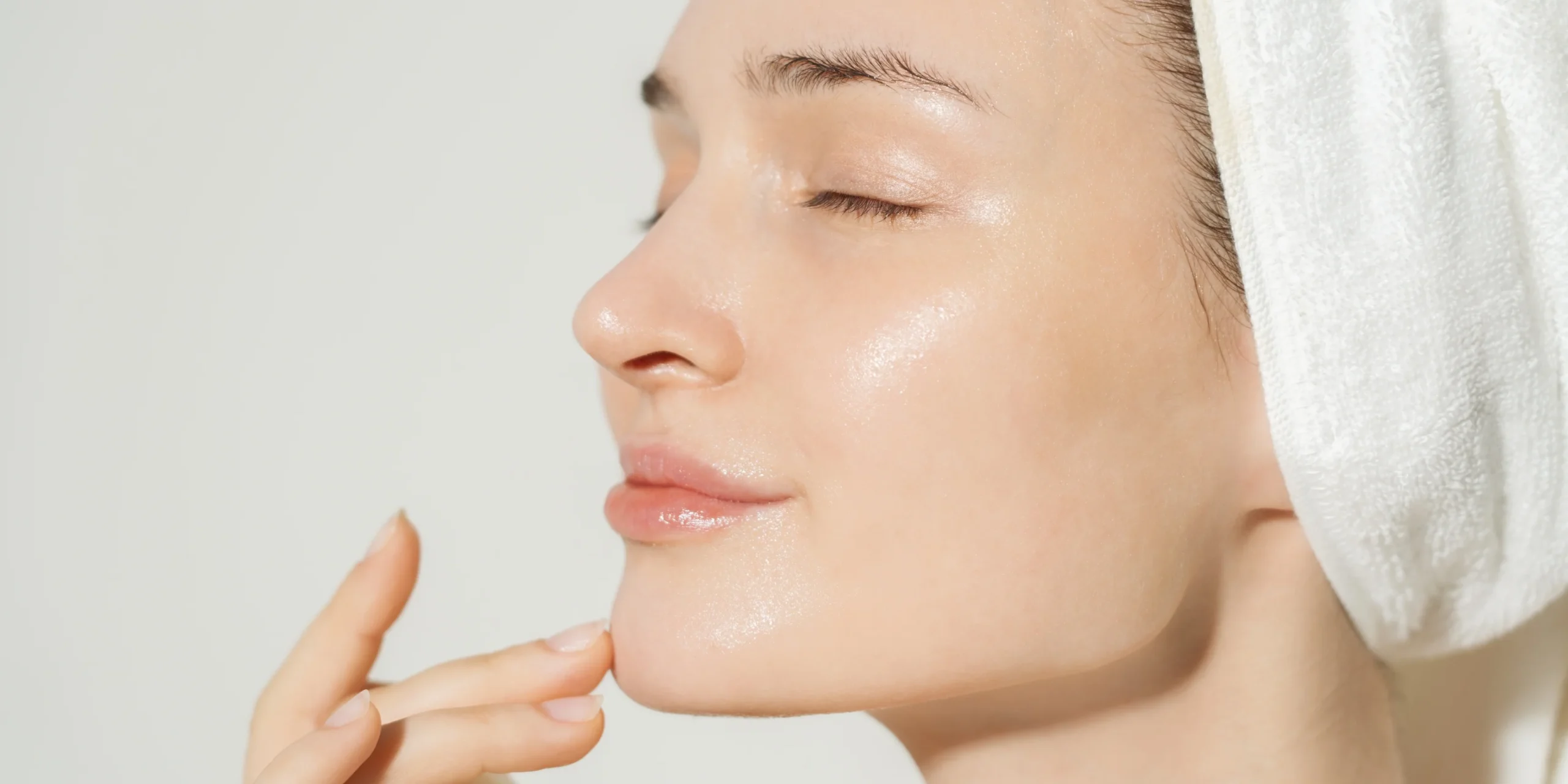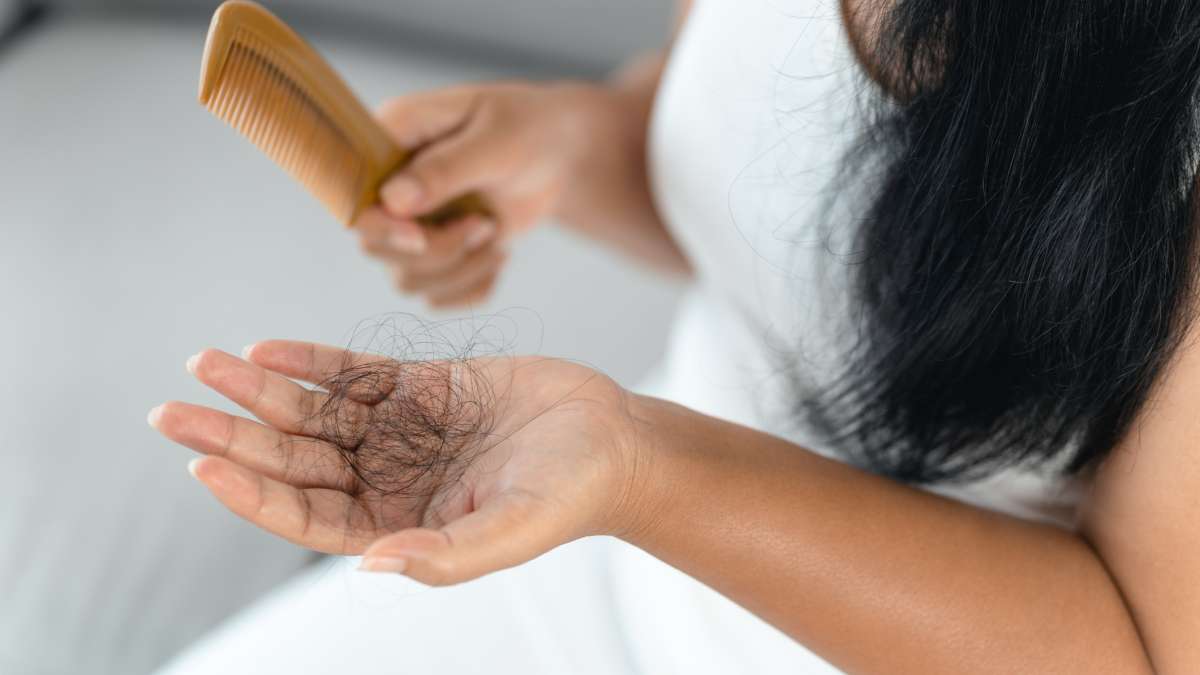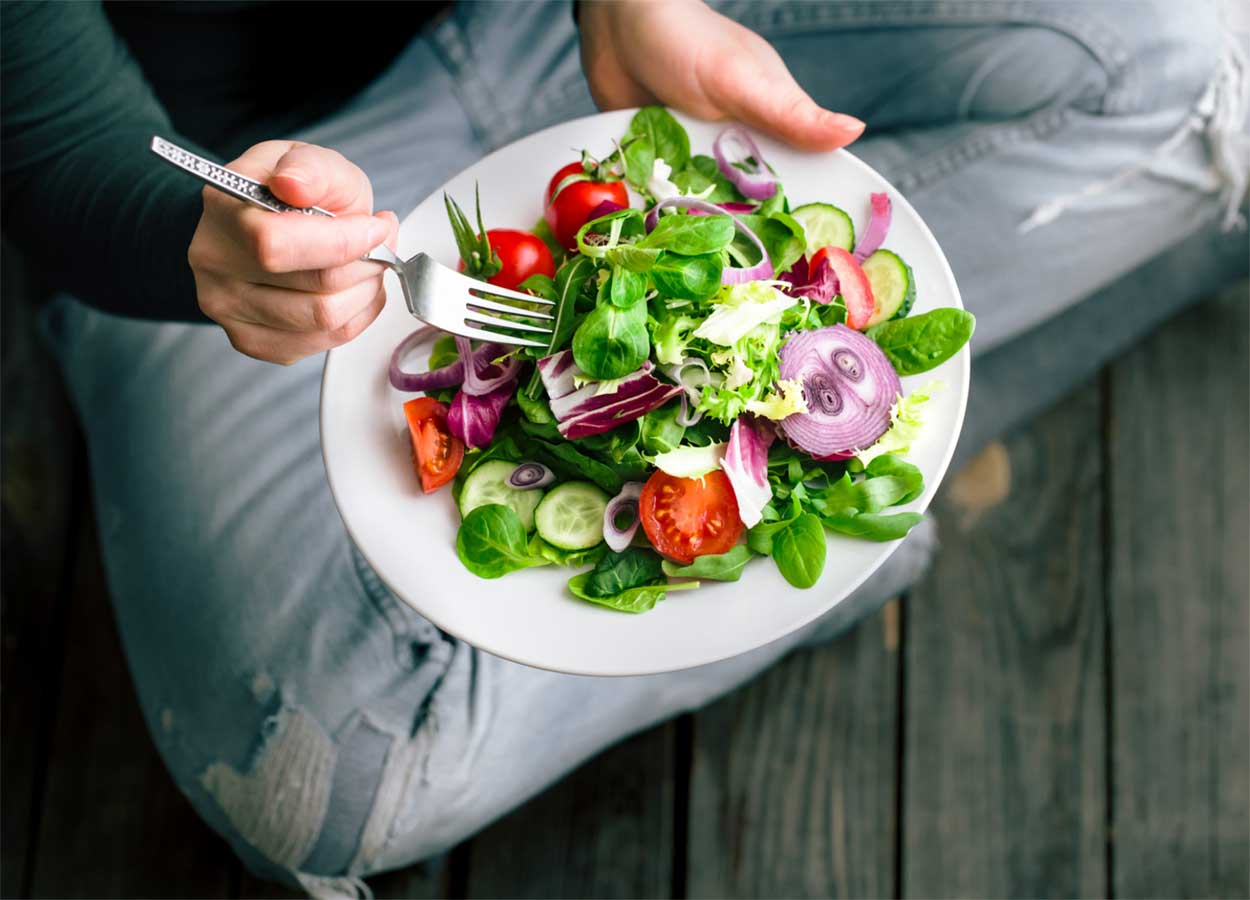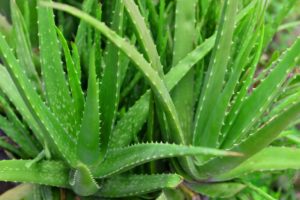
Hair Loss of Common Causes
- Genetics (Androgenetic Alopecia)
- This is the most common form of hair loss, often referred to as male-pattern baldness or female-pattern baldness. It’s inherited and typically progresses with age.
- Hormonal Changes
- Hormonal imbalances due to pregnancy, menopause, thyroid problems, or polycystic ovary syndrome (PCOS) can lead to hair thinning or loss.
- Stress
- Physical or emotional stress can cause temporary hair shedding, known as telogen effluvium. This usually resolves once stress levels decrease.
- Nutritional Deficiencies
- Lack of essential nutrients, especially iron, vitamin D, zinc, and protein, can contribute to hair thinning or hair loss.
- Medications and Treatments
- Certain medications, including chemotherapy drugs, blood thinners, and antidepressants, can lead to hair loss as a side effect.
- Scalp Infections or Conditions
- Fungal infections (like ringworm) or conditions such as dandruff or seborrheic dermatitis can cause hair shedding and scalp irritation.
- Alopecia Areata
- An autoimmune disorder that causes patchy hair loss on the scalp or other parts of the body.
- Traction Alopecia
- Hair loss caused by tight hairstyles, such as ponytails or braids, that put tension on the hair follicles.
Natural Solutions to Help with Hair Loss
- Massage with Essential Oils
- Massaging the scalp with oils like rosemary, peppermint, or lavender oil has been shown to stimulate hair follicles and improve circulation, promoting hair growth.
- How to use: Mix a few drops of essential oil with a carrier oil (like coconut or jojoba oil) and massage into your scalp for about 5-10 minutes. Leave it on for at least 30 minutes or overnight, then wash your hair.
- Aloe Vera
- Aloe vera soothes the scalp, reduces inflammation, and can help improve the health of hair follicles.
- How to use: Apply fresh aloe vera gel to the scalp, leave it on for 30 minutes, and rinse with warm water.
- Onion Juice
- Onion juice is rich in sulfur, which can promote collagen production and help with hair regrowth. It may also improve blood circulation to the hair follicles.
- How to use: Extract juice from an onion, apply it to the scalp, and leave it on for 15-30 minutes before rinsing with shampoo.
- Fenugreek Seeds
- Fenugreek is rich in proteins and nicotinic acid, which help to strengthen hair and prevent hair loss.
- How to use: Soak fenugreek seeds overnight, grind them into a paste, and apply it to the scalp. Leave it on for 30 minutes to an hour before rinsing.
- Coconut Oil
- Coconut oil can help reduce protein loss in hair and has antifungal properties that promote scalp health.
- How to use: Warm coconut oil and apply it to your scalp and hair. Leave it on for at least 30 minutes or overnight, then wash your hair.
- Green Tea
- The antioxidants in green tea, particularly epigallocatechin gallate (EGCG), may help promote hair growth and prevent hair loss.
- How to use: Brew green tea, let it cool, and use it as a final rinse after shampooing. Alternatively, drinking green tea regularly may help.
- Saw Palmetto
- Saw palmetto is believed to block the production of DHT (dihydrotestosterone), a hormone linked to hair loss, particularly in men.
- How to use: Saw palmetto supplements are available, but it’s best to consult a healthcare professional before using them for hair loss.
- Castor Oil
- Castor oil is rich in ricinoleic acid, which improves circulation to the scalp, promoting hair growth and thickness.
- How to use: Massage castor oil into your scalp, leave it on for a few hours or overnight, then wash your hair thoroughly.
- Vitamin E
- Vitamin E is an antioxidant that helps improve blood circulation to the scalp, nourishing the hair follicles and promoting healthy hair growth.
- How to use: You can apply vitamin E oil directly to your scalp or take vitamin E supplements (after consulting with a healthcare provider).
- Biotin
- Biotin (Vitamin B7) is essential for hair health and growth. It helps strengthen hair and prevent hair loss due to deficiencies.
- How to use: You can increase biotin intake by eating foods like eggs, nuts, seeds, and avocados, or consider taking biotin supplements.
Dietary Adjustments for Hair Health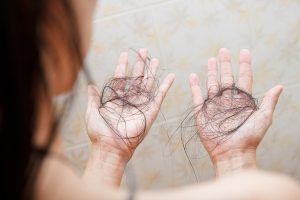
- Increase Protein Intake
- Protein is crucial for hair health, as hair is made primarily of keratin, a type of protein. Include more lean meats, fish, legumes, and plant-based proteins in your diet.
- Iron-Rich Foods
- Iron is vital for maintaining healthy hair growth. Include iron-rich foods such as spinach, lentils, red meat, and fortified cereals.
- Omega-3 Fatty Acids
- Omega-3s nourish the hair follicles and scalp, improving hair health. Include fatty fish (like salmon and mackerel), flaxseeds, and walnuts in your diet.
- Vitamin D
- Vitamin D plays a role in hair follicle cycling, and a deficiency may contribute to hair loss. Get vitamin D through sun exposure, fortified foods, and fatty fish.
- Zinc
- Zinc supports the hair growth process, and deficiencies can lead to hair thinning. Foods like pumpkin seeds, chickpeas, and beef are rich in zinc.
When to See a Doctor
If natural remedies don’t seem to help or if hair loss is severe, it’s essential to see a healthcare provider or dermatologist. They can help identify any underlying medical conditions (such as thyroid issues or alopecia areata) and suggest appropriate treatments, such as prescription medications (like minoxidil) or therapies (like platelet-rich plasma treatment or hair transplant surgery).



 DailyMediCure
DailyMediCure 
